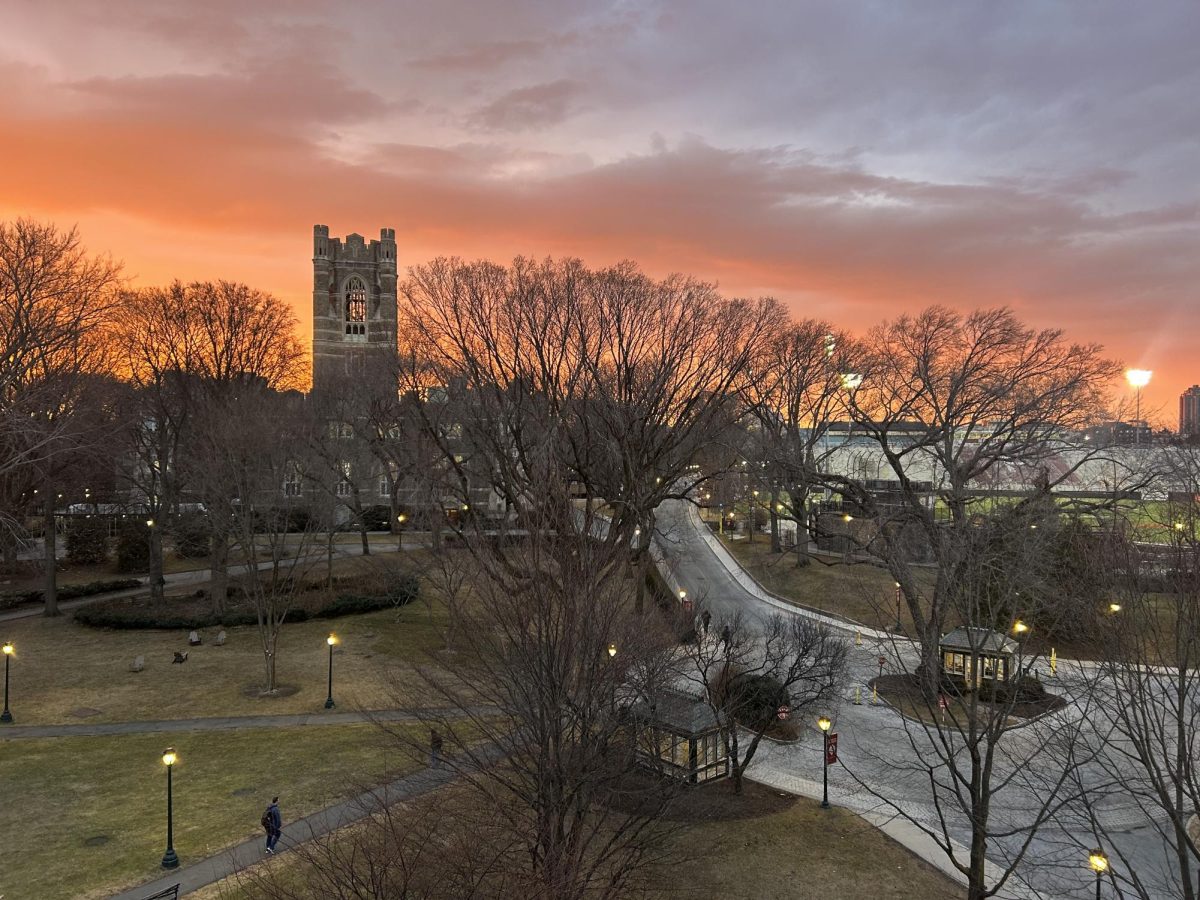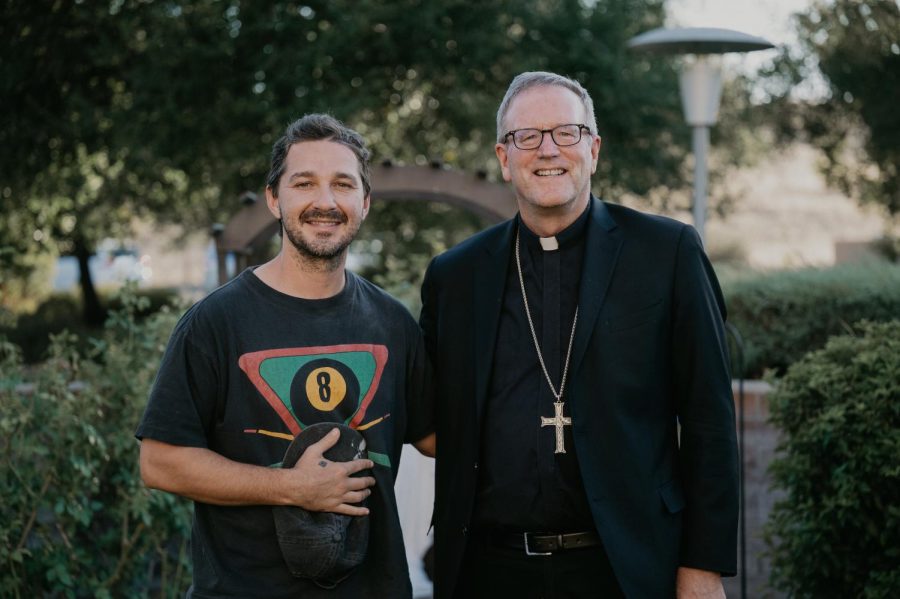Shia LaBeouf is the Church’s Opportunity to Model Conversion
Conversion literally means “to turn around.” Conversion implies a total surrender of one’s past in hopes of a new future. This word is used in many contexts, like the changing of money from one currency to another, the changing of a file from a Word document to a PDF and, of course, the changing of one’s religion. What these changes have in common is a clear before and after. In other words, there must be an intrinsic change in the object of conversion.
In the Catholic world, conversion is generally a reason to celebrate. As a result, it is always a big deal when a celebrity publicizes their conversion. The most recent example of this came from actor Shia LaBeouf.
It was announced last year that LaBeouf will be playing the titular character of Italian monk and saint Padre Pio in an upcoming biopic. To prepare for this role, LaBeouf immersed himself in a community of Californian Capuchin monks, the same order that Pio was a part of.
LaBeouf said that Pio and his time working on this film “changed his life” in an interview with Bishop Robert Barron, a Catholic social media celebrity. This influence went so far as to spark LaBeouf’s interest in Catholicism and lead to his eventual conversion.
As with any public conversion, Catholic media, especially more traditional and conservative-leaning outlets, covered this decision in a positive light. Not everyone in the Catholic community was excited about this conversion, though. LaBeouf faces many public abuse allegations. This raises an essential moral question: Can a church that is based on welcoming all turn a blind eye to the troubled past that some converts bring?
This dilemma is one that Catholics have faced since the time of Jesus himself. The Bible is home to many accounts of Jesus venturing out to oppressed, sinful populations, which is the very part of his ministry that caused so much controversy during his life. Obviously, there are vast differences between their pasts and their sins. There is another massive difference between these stories: LaBeouf refuses to properly acknowledge and atone for his past in public.
Some may argue that he does not owe anyone an explanation and that the state of his conversion is between him and God. That cannot be. First and foremost, LaBeouf is a public figure. This is the reason his conversion is making headlines in the first place. This also means that the same audience hearing about his conversion also likely knows about the abuse allegations made by many of his exes, most notably by singer by F.K.A. Twigs.
The Church’s mercy toward LaBeouf cannot ignore this very real aspect of his conversion. The cultural context of this public event also cannot be ignored. There is an irony about an alleged abuser entering a church haunted by an ongoing sexual-abuse crisis. Clare McCallen explores this in “Women’s Complicated Reactions to Shia LeBeouf’s Conversion to Catholicism.” How can victims be expected to celebrate their abuser, the Church itself, while it welcomes another abuser with open arms? All while neither of them have been held accountable in any way?
Another aspect to consider is how LaBeouf announced his conversion. It is no coincidence to me that Bishop Barron was not afraid to host this interview and ignore the troubling elephant in the room. In fact, Barron has recently faced criticism for a toxic and abusive workplace environment at his Online Ministry. He has not addressed any of these concerns or made any attempt to rectify his actions.
All of this context is not to say that LaBeouf cannot become Catholic, or even that he should not. Many saints are known for struggling with their conversion or having sinful pasts. But Catholics believe mercy and justice must go hand in hand.
There is no simple solution to this dilemma, but there are steps that should be taken. LaBeouf should issue a clear and honest public apology. He needs to own up to his actions, like the many people Jesus knew and ministered to.
The second part of this apology should be open-hearted and willing reparations for his actions, especially in a legal context. A very important part of justice and mercy is penance, or an opportunity to atone for some of the wrongs committed.
In the words of McCallen, “[seeing] LaBeouf take responsibility for the abuse of F.K.A. Twigs while continuing his conversion would not only be just and good. It would be deeply healing for the women of the Church who feel that their abusers often go not only unpunished but also remain celebrated.”
LaBeouf has the opportunity to be the face of renewal in a broken and suffering Church. Having the courage to own up to his wrongs is step one. Cowardice in ignoring his past will only hurt the Church where it is most vulnerable and propagate its cycle of abuse.
Alessandra Carino, FCRH ’23, is a theology and Italian studies major from Bronx, N.Y.











































































































































































































